Current location:Home > Life Optimization > Sustainable Living > Text
Time:2025-07-14 Source:Mind Body FuelAuthor:Click:1
In the realm of gardening and landscaping, a concept has been steadily gaining popularity – Native plant landscaping. With an emphasis on promoting local flora and reducing environmental impact, it’s a practice that marries aesthetics, ecology, and sustainability. Whether you’re a seasoned gardener or just starting your green journey, this article will delve into the whys and hows of native plant landscaping, revealing its beauty and wellness benefits.
Native plants are those that naturally occur in a specific region, evolved over thousands, or even millions of years. They’re perfectly adapted to local soils, climate, and wildlife. A 2021 study published in the Journal of Environmental Health and Sustainability found that landscapes designed with native plants contribute significantly to local ecosystem health.
One of the wellness benefits of native plant landscaping is the creation of a restorative outdoor environment. Engaging with nature can reduce stress and promote mental well-being, according to a 2023 study from the Journal of Psychological Science. By incorporating native plants into your landscape, you can cultivate a personal sanctuary that not only caters to your aesthetic preferences but also supports your mental health.
Native plant landscaping can also be a powerful ally in your weight management efforts. Gardening is a form of physical activity that can help burn calories. Plus, the process of planning, planting, and maintaining a native plant landscape can be a rewarding endeavor that keeps you consistently active.
Now, you might wonder, how can you start your native plant landscaping journey? Here are some practical tips.
Begin with research. Identify the native plants in your area, consider their growth habits, soil, and light requirements. Make use of online resources, local gardening clubs, or botanical gardens to gather this information.
Once you have your list of plants, design your landscape. Remember, diversity is key in a native plant garden. Mix various types of plants – from trees and shrubs to flowering plants and grasses – to create a balanced, vibrant ecosystem.
When planting, group similar plants together. This not only creates visual harmony but also makes maintenance easier. Also, remember to mulch your garden. This helps to conserve water, suppress weeds, and enrich the soil.
Lastly, be patient. Establishing a native plant landscape takes time, but the result – a lush, beautiful, and eco-friendly space – is definitely worth the wait.
Native plant landscaping is more than just a gardening trend. It’s a holistic approach to outdoor living that brings significant wellness benefits. Plus, it’s an effective way to participate in local conservation efforts, promoting biodiversity right in your backyard. So why not give native plant landscaping a try? It might just be the green thumb project you’ve been waiting for.

Uncover the Benefits: Pomodoro Variations for Wellness and Health
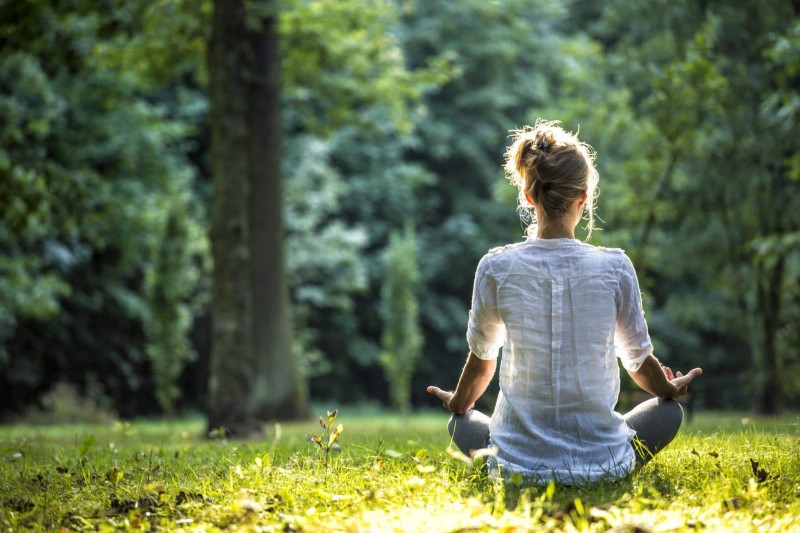
Balancing Nutrition: A Practical Meal Plan for Night Shift Workers
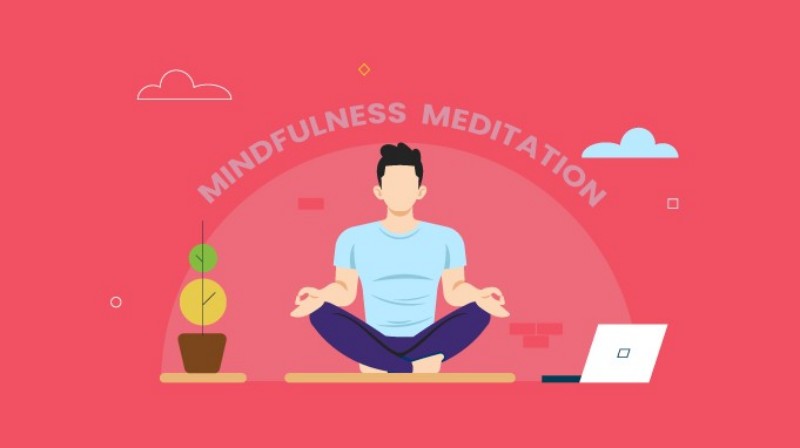
Embrace Nature: The Benefits and How-tos of Native Plant Landscaping

Understanding the Causes of Gut Inflammation and How to Manage It

Unlock the Benefits of a Low Triglyceride Diet for Optimal Health
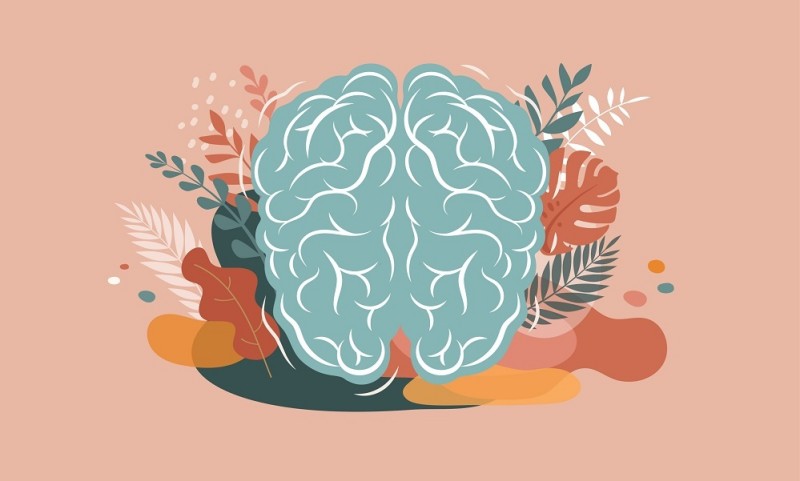
Understanding and Managing Paramedic Stress for Better Wellness and Health

Unlocking Wellness Benefits with 3D Body Scanning Apps
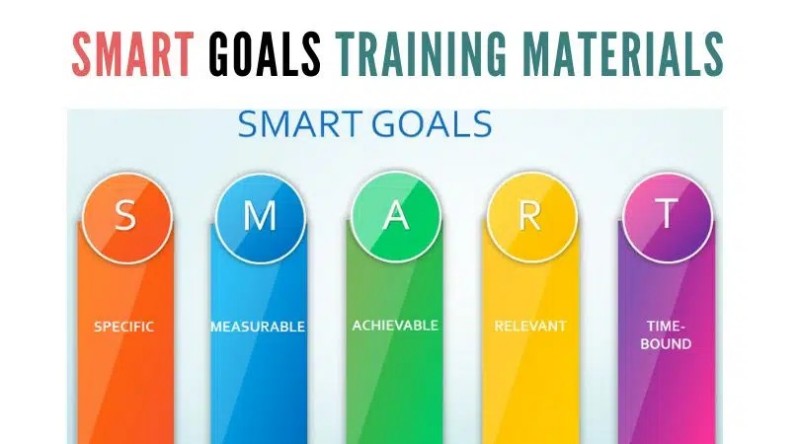
Early Detection Pregnancy Tests: The Key to Wellness and Health Management

Understanding the Connection Between Acne and Diet: A Comprehensive Guide
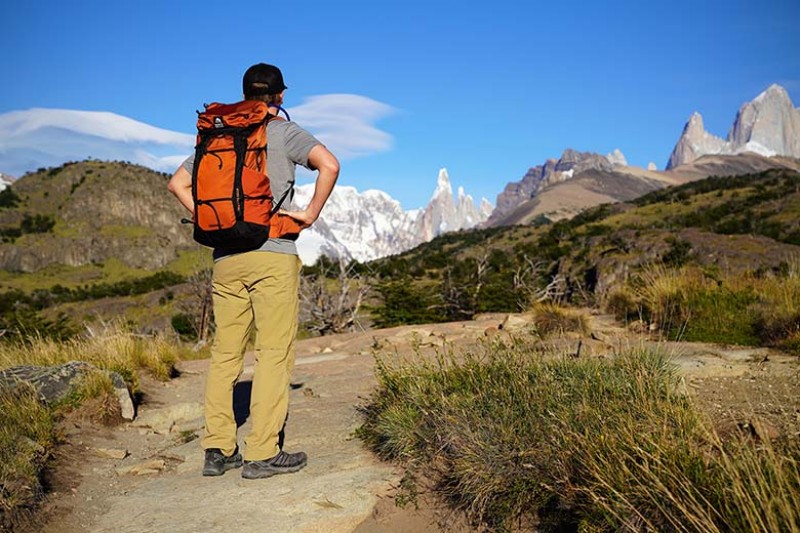
Understanding the Importance of Disposable Nursing Pads in Your Daily Life
 Uncover the Benefits: Pomodoro Variations for Wellness and Health
Uncover the Benefits: Pomodoro Variations for Wellness and Health
 Understanding and Managing Paramedic Stress for Better Wellness and Health
Understanding and Managing Paramedic Stress for Better Wellness and Health
 Unlocking Wellness Benefits with 3D Body Scanning Apps
Unlocking Wellness Benefits with 3D Body Scanning Apps
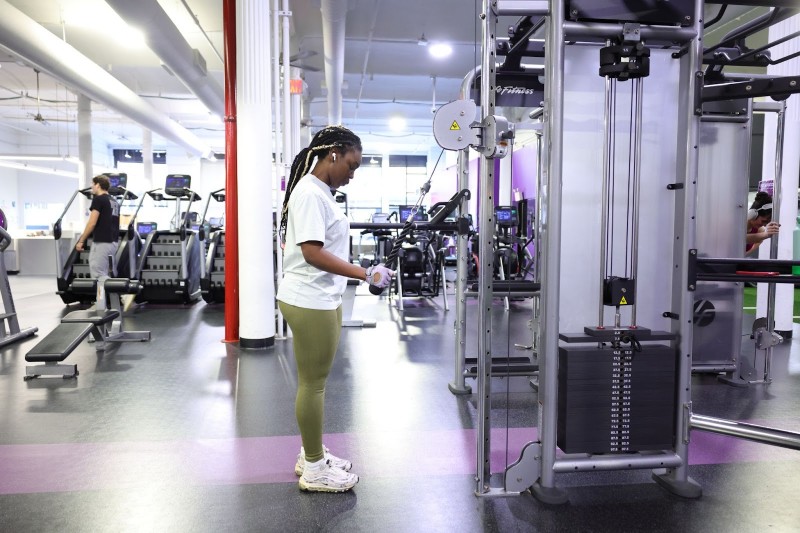 Embrace Financial Independence, Retire Early: The FIRE Movement Explained
Embrace Financial Independence, Retire Early: The FIRE Movement Explained



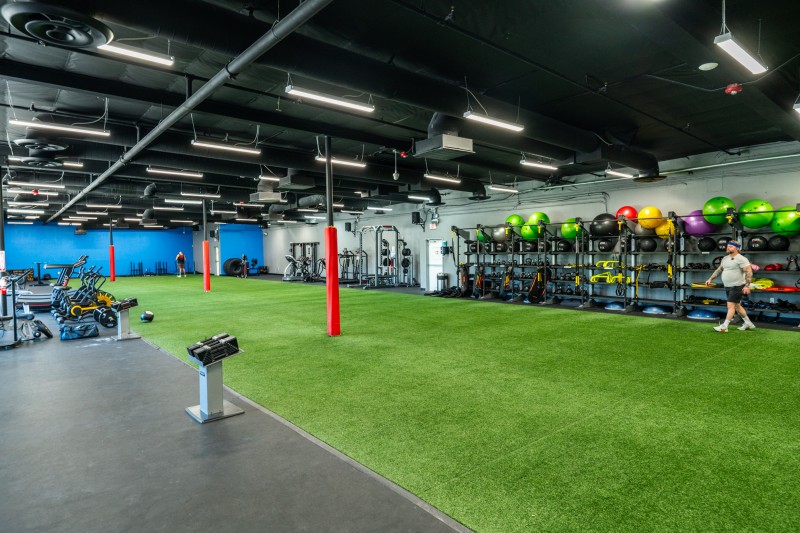


Copyright @ 2025 Mind & Body Fuel Email:xya0876@gmail.com No:26148
Statement: The articles on this website are all from the Internet and do not represent any views. Before making any health decisions, you must consult your doctor.